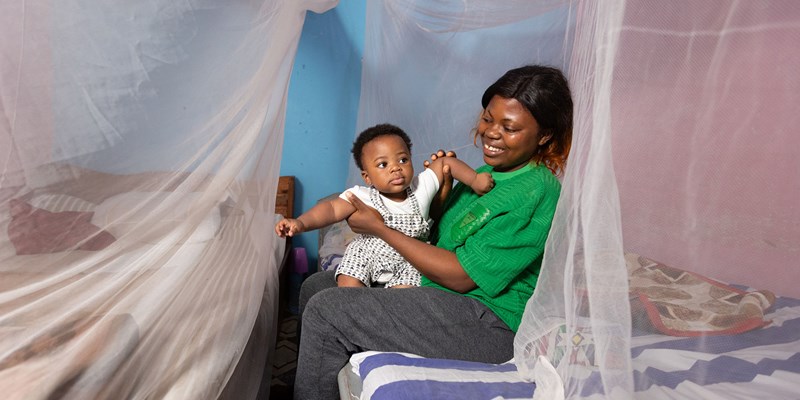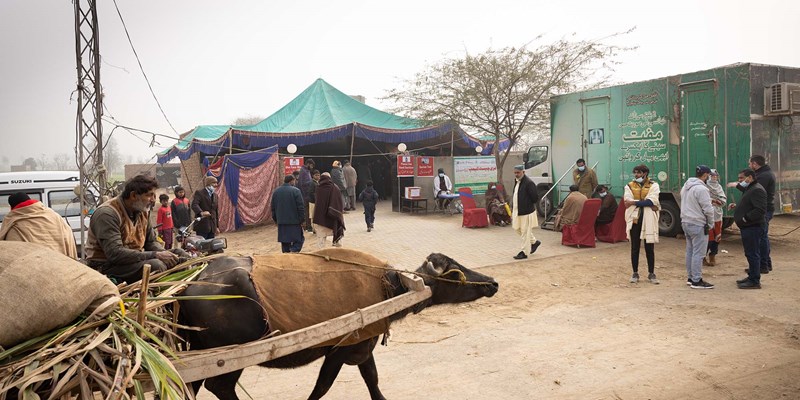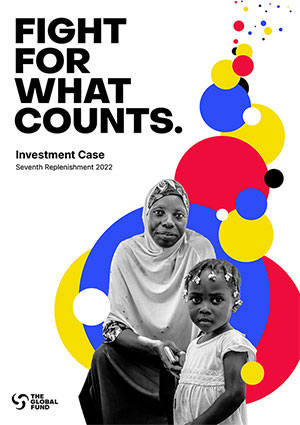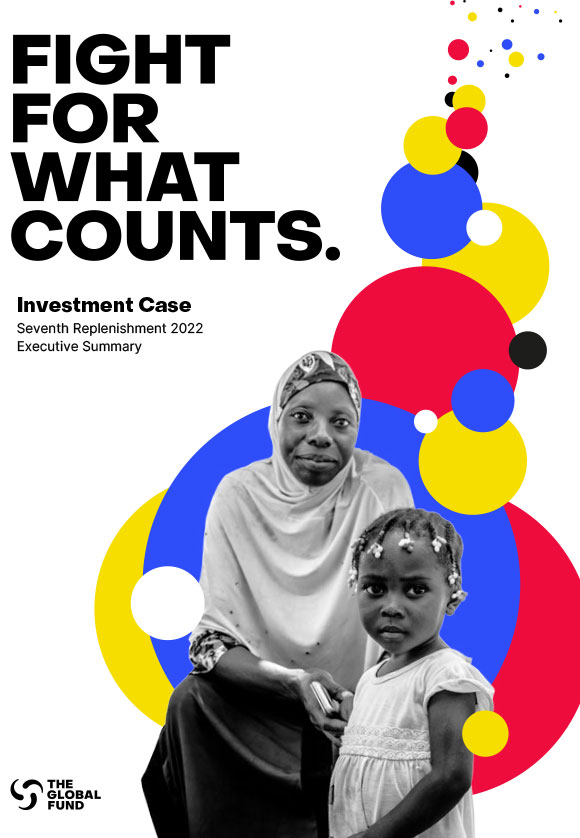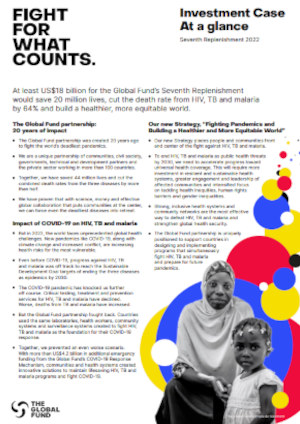Global Fund grants to the United Republic of Tanzania
27 March 2023
Tanzania is a key country in the global fight against the three diseases. It has an estimated 1.7 million people living with HIV and is among the top 10 countries in the world for malaria incidence and mortality. Overall, there has been solid programmatic progress in the HIV response, and in reducing malaria mortality. There has also been remarkable improvement in the availability of lifesaving commodities for beneficiaries, which highlights the significant progress made by the country since the last OIG audit. All these achievements were made with the health system operating at 50% of its required human resource capacity. But recurring issues were noted regarding the traceability of commodities, sub-optimal implementation of key malaria and HIV prevention, as well as gaps in financial management.
Tanzania achieved programmatic success with estimated malaria-related deaths decreasing by 70% between 2015 and 2021. To support the malaria response, the country adopted an ambitious and innovative national malaria strategic plan (2021-2025), which defined a more targeted and tailored approach to malaria interventions. However, there were indications of low LLIN coverage and low LLIN use despite significant investments as well as sub-optimal community case management. All have contributed to stagnant malaria incidence. In addition, there was an over issuance of artemisinin-based combination therapy (ACT) by 6.7 million doses in the last six years in relation to positive cases, and there were issues with malaria programmatic data quality. For HIV, there has been strong programmatic progress with the country achieving 88%-86%-83% for the 95-95-95 targets and there has been a reduction between 2010 and 2021 in the number of HIV infections (down by 85%) and AIDS-related deaths (60% fewer). However, implementation challenges of key prevention activities – especially for adolescent girls and young women beneficiaries – along with an unclear picture of antiretroviral therapy (ART) attrition, and significant condom stock outs threaten further progress. Thus, the adequacy and effectiveness of the program implementation for HIV and malaria needs significant improvement.
As at the time of the audit fieldwork (in the fourth quarter of 2022), good financial management and implementation oversight were noted for the Principal Recipient, Amref Health Africa. However, there were various financial and sub-recipient management issues under the Ministry of Finance and Planning (MOFP) grants. Gaps in sub-recipient oversight have resulted in US$3.9 million of long outstanding advances under the HIV and malaria grants, US$0.6 million of unsupported expenditure and some challenges with fixed asset management. Thus, the adequacy and effectiveness of financial management and oversight is partially effective.
Three quarters of the NFM3 grants relate to procurements. Since the last OIG audit, there have been improvements in the availability of ARVs and ACTs, with no material stock-outs noted. However, weaknesses in central level warehouse management systems and stock management at health facilities limit commodity traceability. In addition, laboratory-related procurement supply management has significant limitations, primarily in how key CD4, hematology and chemistry commodities/reagents are managed and distributed. This has caused numerous stock-outs and expiries of key lab commodities, impacting the services received by beneficiaries. Overall, the effectiveness of procurement and supply chain management is partially effective.
